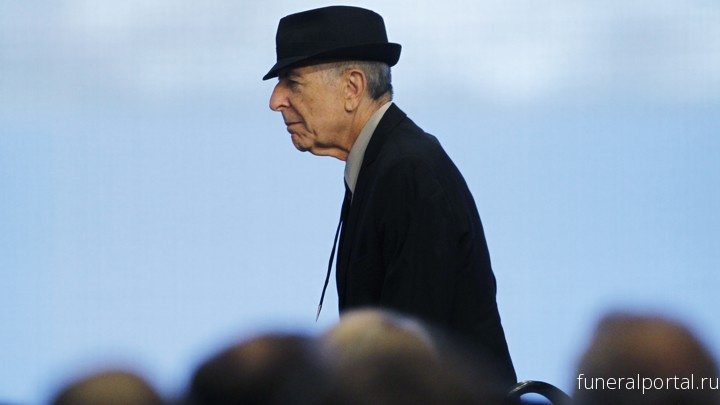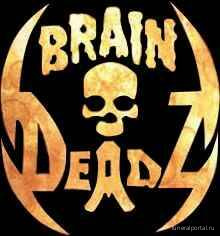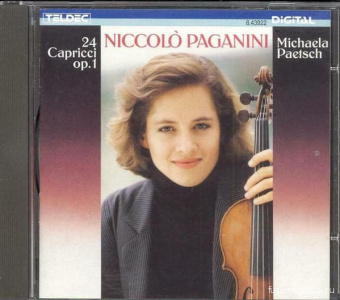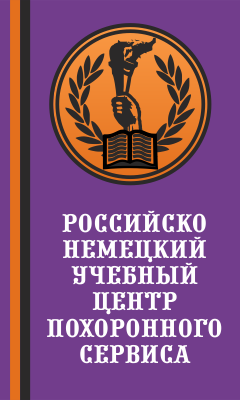Thanks for the Dance, the singer’s posthumously released album, honors his legacy as a mystic and as a man.
SPENCER KORNHABERThe work unearthed after Leonard Cohen’s death at age 82 in 2016 contemplated the soul, the Holocaust, and hip-hop. “Kanye West Is Not Picasso” went the title of one poem in Cohen’s posthumously released 2018 collection, The Flame. A portion:
Jay-Z is not the Dylan of Anything
I am the Dylan of anything
I am the Kanye West of Kanye West
The Kanye West
Of the great bogus shift of bullshit culture
From one boutique to another
Don’t act so surprised. The Canadian singer and writer retains an aura of hallowed spirituality in the public imagination, but he was, first, a man of this world. Yes, Cohen’s work quoted scripture and contemplated apocalypse; yes, he lived for years in a Zen monastery. And yes, he wrote a song called “Don’t Go Home With Your Hard-On.” The fleeting, contemporary, and crass were all part of the great story that he wanted to tell about permanence and impermanence. In the final lines of the Kanye poem, after his sassy-ironic appropriation of rap swagger, he delivered one of his trademark dark prophecies. “I only come alive after a war,” he wrote. “And we have not had it yet.”
Did Leonard Cohen watch The View? That’s one of the questions I’m left with from Thanks for the Dance, the strong posthumous album assembled by his son, Adam Cohen. On “Moving On,” Leonard bids a tender farewell to a beloved woman (probably his legendary ex Marianne Ihlen). His voice is a moss-encrusted slither, just like it always was late in his life. His melody unfolds with the simple oomph of a folklore. Tender chords twitch and hover from the Spanish guitarist Javier Mas. “I loved your moods,” Cohen sings. “I loved the way they threaten every single day.” Then: “Your beauty ruled me, though I knew / ’Twas more hormonal than the view.”
The view? Or The View? The lyrics sheet doesn’t capitalize the words. But I’m suspicious after encountering so many men of Cohen’s age cohort who use the word hormonal when confronted with women who share opinions for a living. Even if Joy Behar was not on Cohen’s mind, the invoked cliché of an estrogenic vixen jolts as crass, specific, and worldly. Listening to the song generally feels like curling into a plush comforter; hearing the sexist couplet feels like finding a burr.
With any other posthumous release, a fan might wonder if such a jarring moment should have stayed in the vault. But Cohen certainly wasn’t afraid to come off like a jerk, or “a lazy bastard living in a suit,” as he put it in 2012’s “Going Home.” Thanks for the Dance makes for a ravishing, faithful-feeling extension of his legacy precisely because it does not polish out Cohen’s kinks. With vocal tracks that Cohen recorded for his phenomenal 2016 farewell album, and understated backing from Cohen’s musical collaborators and friends, the project revives Cohen as both the mystic and the man.
Cohen famously approached his death with clarity, and Thanks for the Dance honors his late-career habit of seeming to write elegies for himself. In the album’s opener “Happens to the Heart,” the singer tuts at his years of being a “young messiah,” when he was untroubled by the fact of his own mortality. His sarcastic descriptions of the prime of one’s life—“In the prison of the gifted / I was friendly with the guards”—will rattle in the listener’s head the next time they feel things are going the right way. The last line, which circles out mysteriously to both the existential and presently political, is a showcase of Cohen’s great gift for writing kickers. “I fought for something final,” he rasps, “Not the right to disagree.”
That opener makes for one of the fuller songs on the album: Though not quite a “Hallelujah”-level anthem, it’s a complete statement that you can hum along to. Other tracks are just brief poems set to aching mood music, and when the poet is as hypnotizing as this one, that’s hardly a critique. On the minute and 12 seconds of “The Goal,” Cohen simply journals a day in the life of a dying man. “I look at the street / The neighbor returns my smile of defeat,” he sings, and you can hear the smile. The closer, “Listen to the Hummingbird,” was reconstructed from a public reading Cohen gave shortly before his death. It sees Cohen making himself very small by asking the audience to heed not his advice but that of the butterfly who lives only three days.
Such statements of humility fit with the idea of the Kanye poem, an idea that underlies many Cohen songs: proud individuals as but flimsy vessels for larger forces. He played a lot with that notion as he approached death. Thanks for the Dance’s “Puppets” puts it in terms so literal—“German puppets burned the Jews / Jewish puppets did not choose”—as to be unbearable. By contrast, the graphically erotic noir of “The Night of Santiago” telescopes between here-and-now storytelling and something more abstract. At the chilling climax of Cohen’s tale about undressing a “maiden,” he seems to pivot, and says this: “You were born to judge the world / Forgive me but I wasn’t.” Even though Cohen fixated on the flesh, his intended audience and implied subject wasn’t his fellow humans, it turns out. It was, as always, God.
SPENCER KORNHABER is a staff writer at The Atlantic, where he covers pop culture and music.









